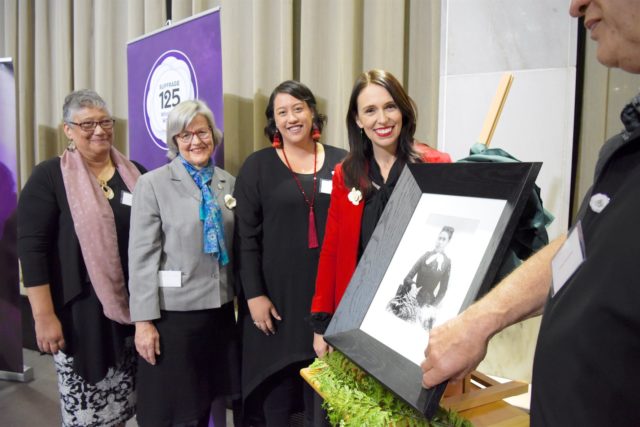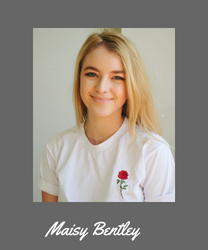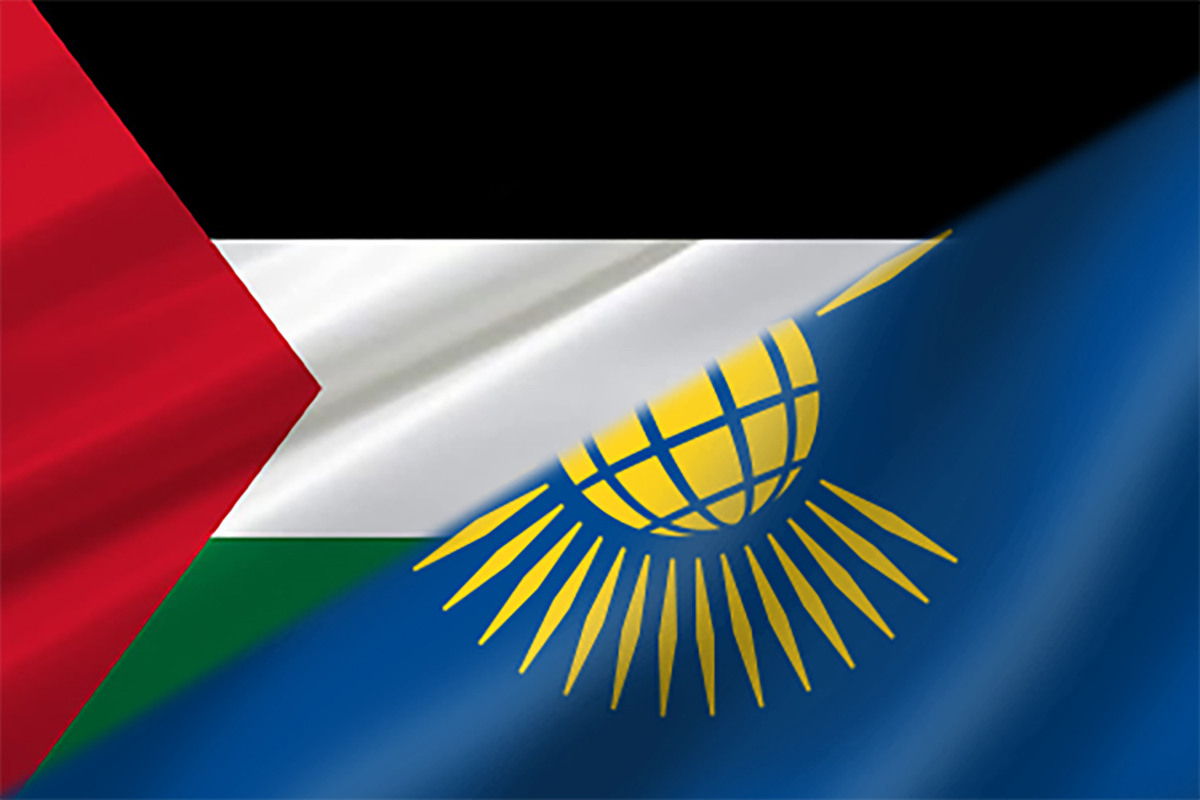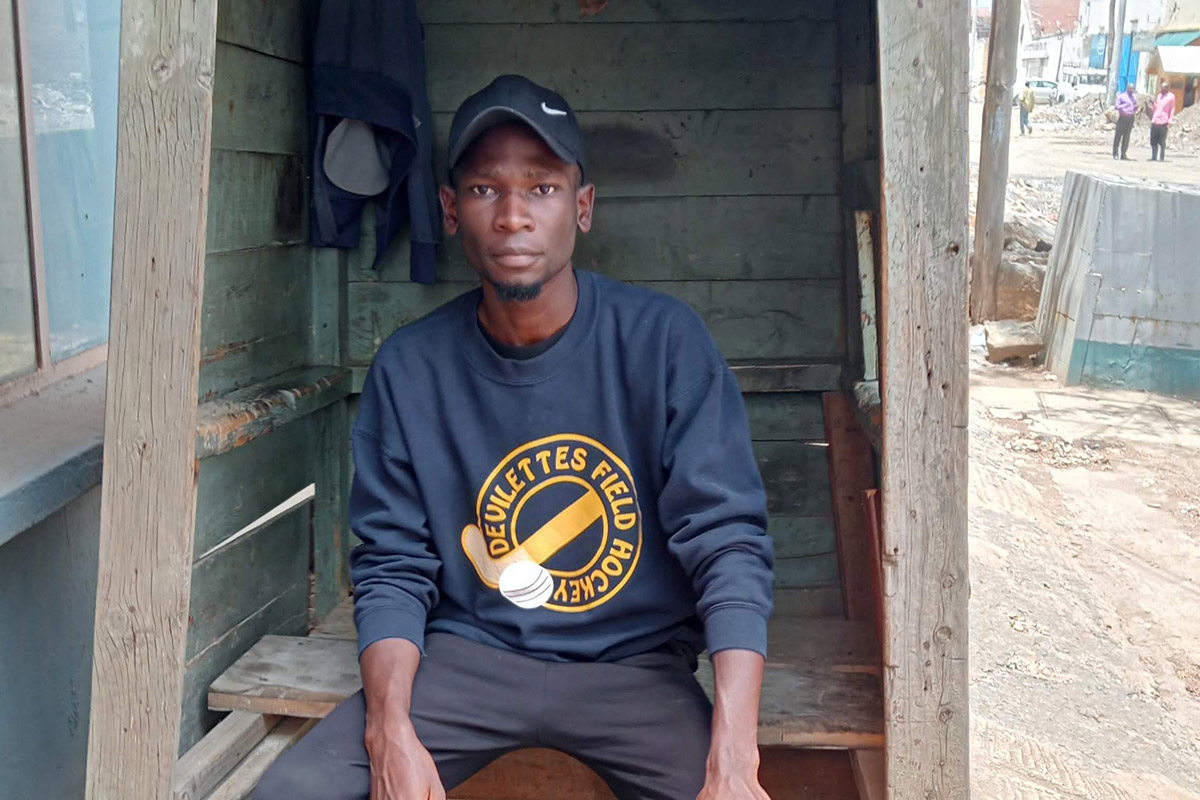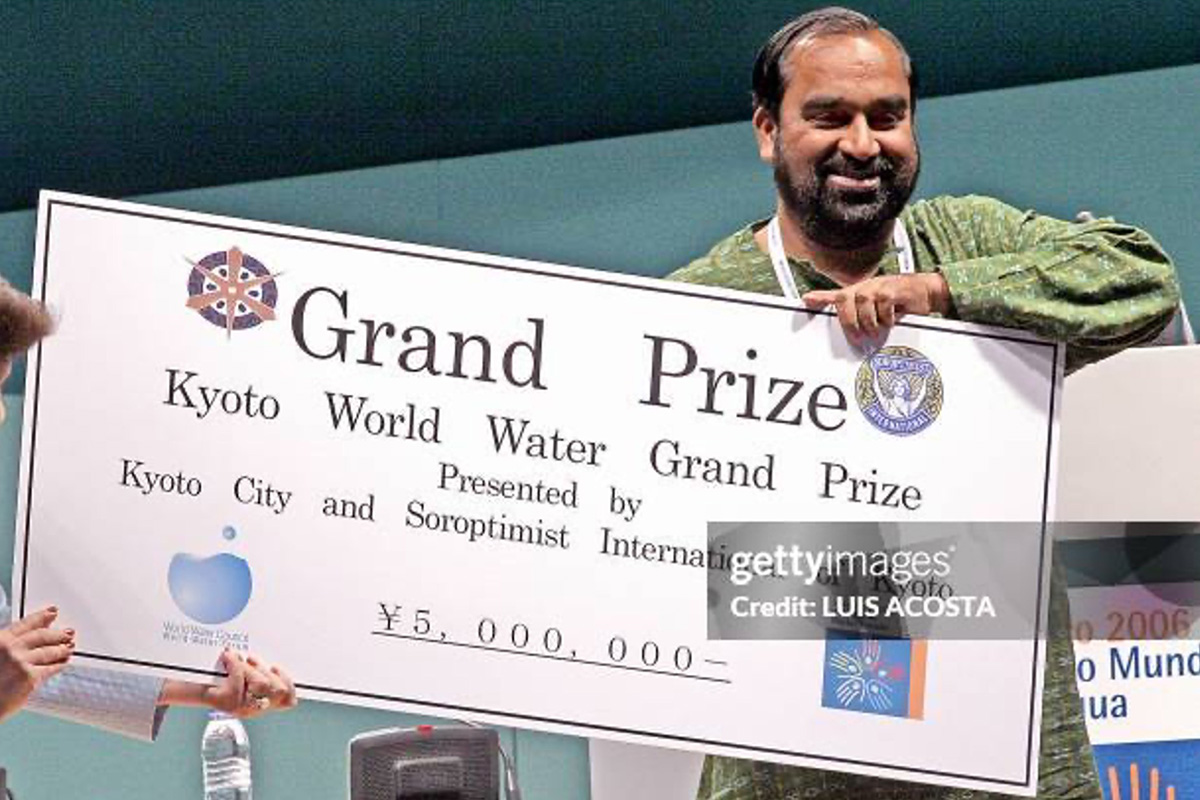“A nation of strong women”
September 21This week, New Zealanders have been celebrating the country’s journey towards gender equality with several events honouring those who fought for women’s right to vote. New Zealand is undeniably a world leader in women’s rights, but Maisy Bentley, 19 years old, a Correspondent from Wellington, New Zealand, writes that there’s still a lot more work to do to advance the interests of women in New Zealand.
125 years ago, New Zealand became the first country to give women the right to vote and 125 years later we are still leading the way.
As I write this, our 37-year-old female unmarried Prime Minister is mothering her first child – three months old Neve Te Aroha Ardern Gayford . Our chief justice, the highest judge in our country, is female, and our Governor General is also a woman, who before she took on this role, had worked her way to being a partner at one of New Zealand’s biggest law firms. She achieved that within only a year of working there.
The old boys club is being turned into the female powerhouse and it brings hope, motivation, and inspiration to all young women who aspire to have successful careers. They are encouraged by this development to work hard to be the best in their field, to serve our country, and to have the biggest impact they can.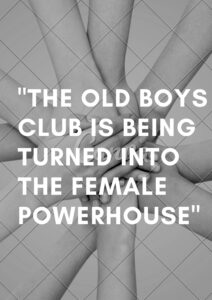
It was 1893 when after submitting a petition with nearly 32,000 signatures, New Zealand became the first self-governing country to give women the right to vote. In 1933 Elizabeth McCombs became the first female MP.In 1997 we had our first female Prime Minister, Jenny Shipley. Two years later, she was superseded by Prime Minister Helen Clark, our second female Prime Minister and our first female Prime Minister to be elected.
But just like 125 years ago, not only should we pause to celebrate the momentous progress we have made, and to acknowledge the hard work of the women who have cleared the way along this untrodden path and climbed the mountains to make it easier for those who follow, but we also should be equally aware of the valleys, raging rivers and forests we still have to navigate.
As Former Women’s Affairs Minister, Jo Goodhew said “New Zealand continues to be well-regarded internationally for our gender equality. But we still need to work together towards greater economic independence, improved safety from violence and increased representation in all types of leadership for women.”
In 2016 only 8% of company directors were women. In 2018, abortion is still considered a crime in New Zealand. We have the highest rate of domestic violence in the OECD, and over the past few years, we have seen news articles that even women in our developed country struggle to afford sanitary products.
I hope that New Zealand accepts the wero (challenge) from our women to use the next 125 years to continue leading the way in addressing gender equality. The hard work of the suffragettes to overcome the barriers that blocked women’s right to vote, show that challenges must be faced to create change. One group of activists, one government or an individual cannot face these challenges alone.
Parents, people of influence, public servants, teachers, friends, sports people, media, government, mentors, and anyone who has a young woman in his or her life, needs to be a role model and encourage and support that young woman to fulfil her leadership potential.
It is everyone’s duty to defy subconscious bias, and create a safe environment for our young women to gain economic independence. It is our responsibility to work with both men and women to change our society so that no woman faces the realities of sexism, assault, lack of pay equity and the other ills which women still face in New Zealand today.
New Zealanders, after all, are not just rugby players, mountain climbers and atom splitters, we are a nation of strong women too, shot putters, politicians, judges, but most importantly, we are one nation that is committed to continuing to lead the way, under the watchful eyes of the rest of the world.
……………………………………………………………………………………………..
Photo: courtesy of https://www.facebook.com/Suffrage125/photos
………………………………………………………………………………………………………………
About me: I’m studying towards a law degree and an arts degree. I also work in the not for profit sector, creating opportunities and advocating for young people, mental health, and women. I have significant accolades under my belt such as being named the most inspirational young person of the year and delivering a Ted Talk at 17. I believe that we can all be movers, shakers and doers when we don’t wait for permission to create the change we want to see in the world.
…………………………………………………………………………………………………………………
Opinions expressed in this article are those of the author and do not necessarily represent the views of the Commonwealth Youth Programme. Articles are published in a spirit of dialogue, respect and understanding. If you disagree, why not submit a response?
To learn more about becoming a Commonwealth Correspondent please visit: http://www.yourcommonwealth.org/submit-articles/
…………………………………………………………………………………………………………………
